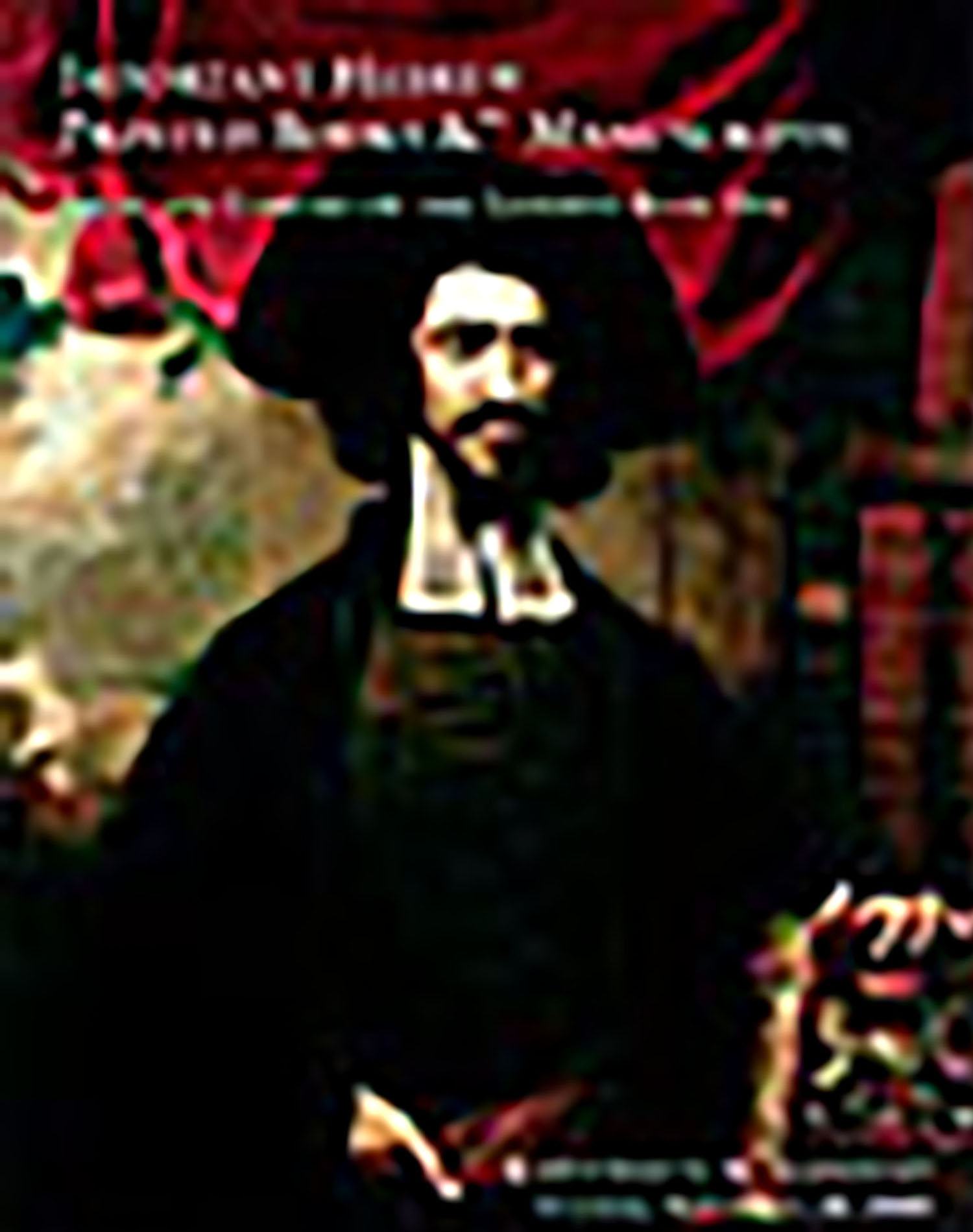(RaDa”K). Sepher Ha’sharashim [“Book of Roots;” a Biblical lexicon and grammar]

AUCTION 11 |
Tuesday, November 28th,
2000 at 1:00
Important Hebrew Printed Books and Manuscripts From the Library of the London Beth Din
Lot 75
KIMCHI, DAVID BEN JOSEPH
(RaDa”K). Sepher Ha’sharashim [“Book of Roots;” a Biblical lexicon and grammar]
Naples: [Joshua Solomon Soncino] 1491
Est: $35,000 - $40,000
PRICE REALIZED $42,500
Entirely complete, including the final rare leaf following the colophon. No Complete Copy Sold at Auction for Twenty Years.
The formation of Hebrew grammatical rules was essential to facilitate the study and understanding of the Bible. The foundation of Hebrew grammar and lexicography were laid by Sa’adiah Gaon in the 10th century. This codification resulted in a revival of Hebrew as a literary language. A century later, David Kimchi’s purpose in composing the Sharashim, the second section of his philological treatise the Michlol, was “to provide a middle ground between the lengthy and detailed treatises of Jonah ibn Jonach and Judah ben David Chayyuj, and the extreme brevity and concision of Abraham ibn Ezra.” Kimchi’s chief contribution to Hebrew grammar lies in the popularization of such innovations as the division of vowels into five long and five short, the treatment of the Nifal as the passive of the Kal, and the distinction of the Vav Consecutive from the Vav Conjunctive. The notability of the Sharashim resulted in the works of his predecessors to fall into oblivion. See EJ, X col. 1002
The Hebrew Press at Naples had a short but distinguished existence. Founded in 1486 by Germans, Joshua Solomon Soncino followed his workers there toward the close of the 1480’s. Renowned for his diligence in the matter of textual accuracy at least four of Soncino’s publications are known to have been produced in Naples. No doubt he and his fellow craftsmen in Naples would have continued to produce good books, but the press of Naples was silenced by the monumentous political events of 1492 and the problems arising from the expulsion of the Jews from Spain. Following an influx of migrant Spanish Jews, Naples suffered a severe plague followed by tyranny by the sword of Charles VIII of France. The entire Jewish community at Naples was dissolved and whether Joshua Solomon Soncino died in the tumult or fled is unknown. See Amram, pp. 63-69; J. Bloch, Hebrew Printing in Naples
